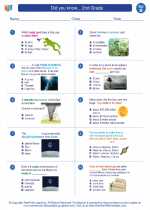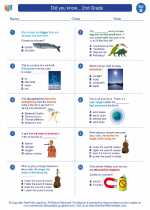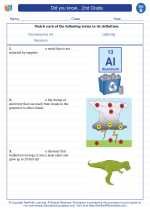Hydroelectric Power
Hydroelectric power is a form of renewable energy that harnesses the power of water to generate electricity. It is a clean and sustainable source of energy that has been used for centuries.
How Hydroelectric Power Works
Hydroelectric power plants are typically located near rivers or other bodies of water. The basic process involves the following steps:
- Water Intake: Water is collected from a reservoir or river and directed towards the power plant through a large intake structure.
- Turbine Rotation: The flowing water causes a turbine to rotate.
- Electricity Generation: The rotating turbine spins a generator, which converts mechanical energy into electrical energy.
- Transmission: The electricity is transmitted through power lines to homes, businesses, and other facilities.
Benefits of Hydroelectric Power
Hydroelectric power offers several advantages:
- It is renewable and sustainable, as water is constantly replenished by the natural water cycle.
- It produces minimal greenhouse gas emissions, making it an environmentally friendly energy source.
- It provides a reliable source of electricity and can be used as a backup during times of high energy demand.
- It can also provide flood control and irrigation benefits.
Challenges of Hydroelectric Power
While hydroelectric power has many benefits, there are also some challenges to consider:
- It can have environmental impacts, such as altering the flow of rivers and affecting aquatic ecosystems.
- Building dams and reservoirs for hydroelectric projects can lead to displacement of communities and loss of natural habitats.
- Hydroelectric power generation may be affected by droughts or changes in water availability.
Study Guide
Here are some key points to remember when studying hydroelectric power:
- Describe the process of hydroelectric power generation, including the role of turbines and generators.
- Discuss the environmental benefits and challenges associated with hydroelectric power.
- Explain the importance of water management in hydroelectric power generation.
- Compare and contrast hydroelectric power with other forms of renewable energy, such as solar and wind power.
- Identify the factors that influence the efficiency and reliability of hydroelectric power plants.
Remember to review the key concepts and practice answering questions related to the topic to solidify your understanding of hydroelectric power.
[Hydroelectric] Related Worksheets and Study Guides:
.◂Science Worksheets and Study Guides Second Grade. Did you know... 2nd Grade
Study Guide Did you know... 2nd Grade
Did you know... 2nd Grade  Worksheet/Answer key
Worksheet/Answer key Did you know... 2nd Grade
Did you know... 2nd Grade  Worksheet/Answer key
Worksheet/Answer key Did you know... 2nd Grade
Did you know... 2nd Grade  Worksheet/Answer key
Worksheet/Answer key Did you know... 2nd Grade
Did you know... 2nd Grade  Vocabulary/Answer key
Vocabulary/Answer key Did you know... 2nd Grade
Did you know... 2nd Grade 

 Worksheet/Answer key
Worksheet/Answer key
 Worksheet/Answer key
Worksheet/Answer key
 Worksheet/Answer key
Worksheet/Answer key
 Vocabulary/Answer key
Vocabulary/Answer key

The resources above cover the following skills:
Earth Systems Science
Weather and the changing seasons impact the environment and organisms such as humans, plants, and other animals. Students can:
Analyze ways in which severe weather contributes to catastrophic events such as floods and forest fires